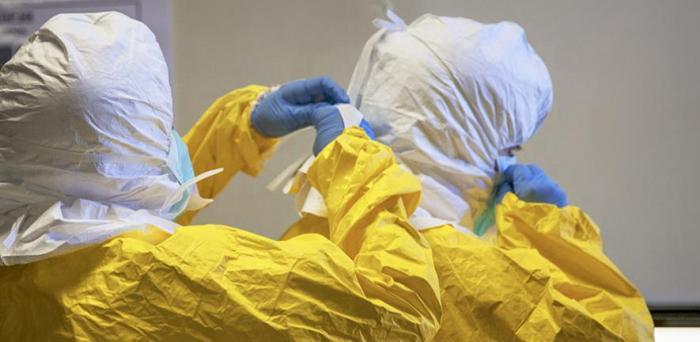While the initial coronavirus peak is starting to pass – in Europe, at least – without the ventilator shortages many feared, the spectre of a second wave or future outbreak means questions of medical rationing still hold sway.
New research suggests that current ICU protocols and ethical guidelines lack detail, and leave doctors exposed to legal liability if another contagion surge forces them to make painful snap decisions due to insufficient resources.
While the latest analysis focuses on ventilators, University of Cambridge researchers say that many of their arguments apply to other potential medical shortages e.g. a lack of properly staffed ICU beds, dialysis machines or related supplies or equipment.
If shortages lead to denial of treatment based on disability – including ‘chronic illness’ – or age, or treatment withdrawal during sedation, it could violate patient rights and cause unlawful death, argue the Cambridge lawyers.
They say that legal liability could extend to the UK Government if it is required to defend failures to purchase more medical supplies or publish ICU rationing guidance, despite knowledge of risks to life posed by the pandemic.
The study, published in the Journal of Medical Ethics, is based on UK law, but researchers say it is relevant to other European nations.
“We’re definitely not out of the woods,” said Dr Kathy Liddell, Director of the Cambridge Centre for Law, Medicine and Life Sciences. “With lockdown easing, we might well see a second Covid-19 spike in intensive care units, and health services should be prepared legally as well as medically.”
“The law requires more of hospitals, doctors and clinical commissioning groups than is currently set out in the guidelines provided by the British Medical Association, the Intensive Care Society and medical ethicists.”
“The legal rights of patients matter, and they are not being given the attention they deserve,” she said.
Image: Healthcare workers checking each other’s personal protective equipment
Credit: Public Health Image Library
Reproduced courtesy of the University of Cambridge
